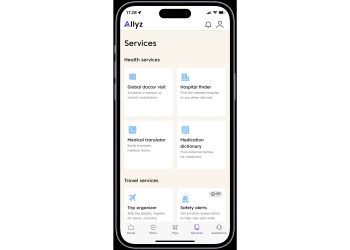On a flight from Charlotte to Denver, Stephen Caron met a man he thinks was faking a disability.
“He boarded first because he was in a wheelchair,” recalls Caron, a retired customer sales manager from Jacksonville, Florida. “When we landed he got up and walked off the plane.”
The man then made a beeline to the baggage claim in Denver, a lengthy walk from the gate, unassisted. Caron says he’s seen it happen many times.
Airline crew members have a name for that kind of fake disability on a plane. It’s called a “miracle” flight.
From bogus service animals to feigned injuries, the travel industry is filled with fakers. There’s a reason for it. Travel companies, and particularly airlines, often make the trip so uncomfortable that passengers feel justified in being untruthful. But it’s time to rein in the fake disability problem as it hurts the people who do live with disabilities every day.
Not all disabilities are obvious
Before we crack down on “miracle” flights or pets being passed off as emotional support animals, let’s acknowledge something that may not be obvious. Disabilities aren’t always clearly visible.
Cindy Huner and her husband travel with canes, for example. She has fibromyalgia, a musculoskeletal disorder, and her husband has been diagnosed with multiple sclerosis, an immune-mediated illness.
“We are always aware of other people and their concerns and try very hard not to take advantage,” says Huner, a retired travel agent from Littleton, Colorado. “We pay extra for…



























































